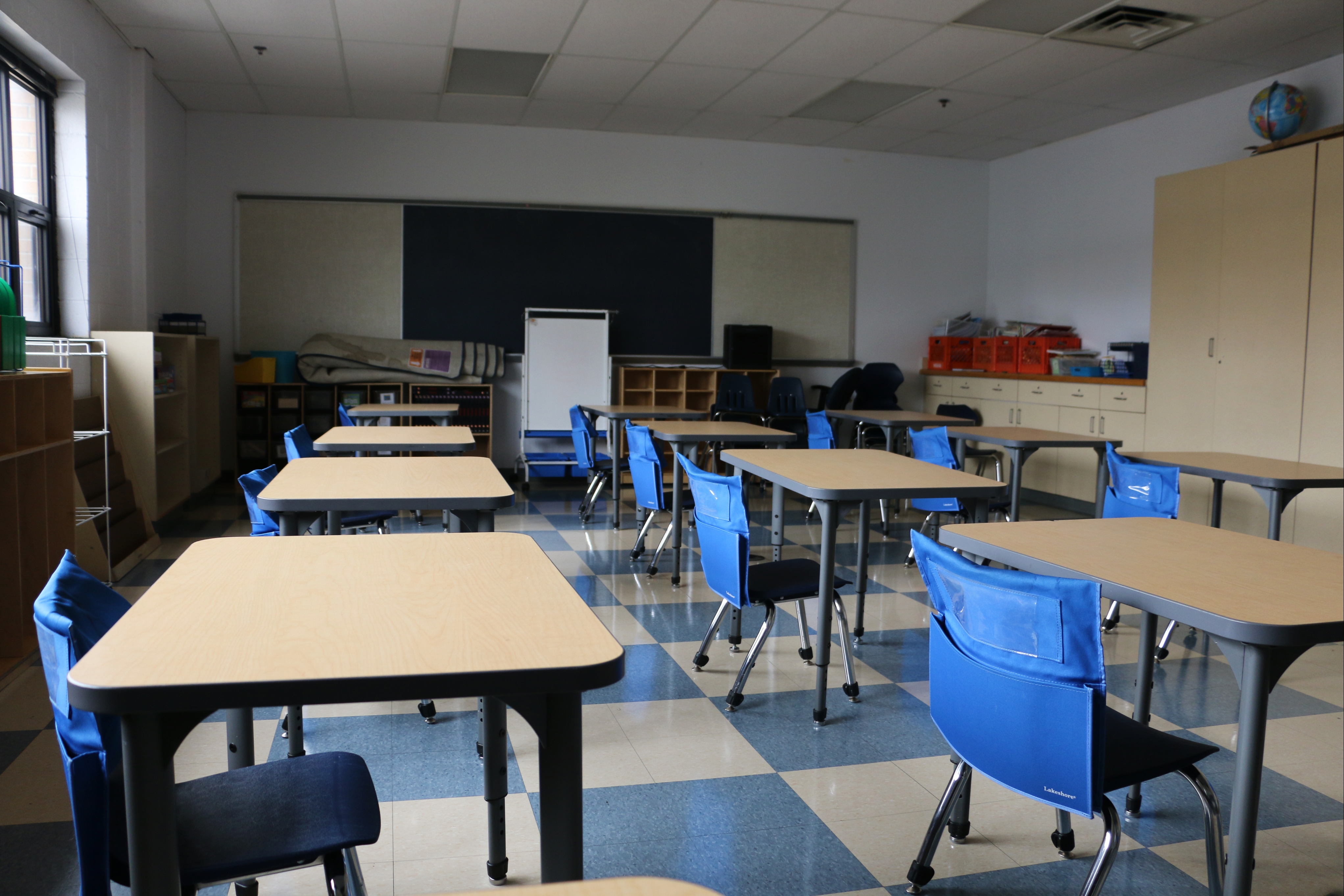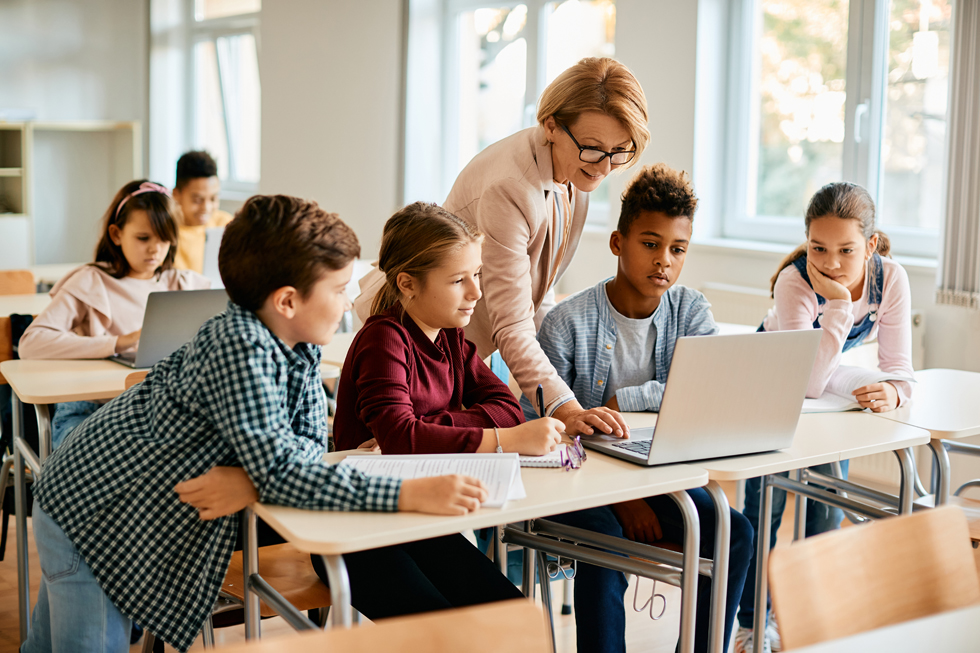Sign Up With Us: Events and Initiatives to Save Temecula Schools
Sign Up With Us: Events and Initiatives to Save Temecula Schools
Blog Article
Comprehending the Significance of Schools in Child Advancement and Neighborhood Growth
Schools work as crucial establishments for youngster growth and neighborhood growth, offering settings where scholastic success are complemented by the growing of social skills and exposure to diverse point of views. These educational settings not just promote crucial thinking and reliable interaction yet additionally foster compassion through collaborative projects. Institutions' involvement with local areas via service-learning initiatives reinforces the bond between households and academic organizations. This symbiotic partnership underscores the significance of schools in supporting energetic citizenship and long-lasting discovering habits. What are the certain mechanisms by which these organizations achieve such profound effects?
Academic Accomplishment
Academic achievement works as a cornerstone of kid growth, supplying the structure whereupon future understanding and success are developed. Schools play a crucial duty in fostering this scholastic growth, providing structured settings where kids can get crucial expertise and cognitive skills. Standard curricula make certain that students gain proficiency in core subjects such as mathematics, science, and language arts, which are essential for both higher education and learning and expert opportunities.
Along with imparting basic academic abilities, colleges likewise cultivate vital thinking, problem-solving capacities, and intellectual inquisitiveness. These cognitive expertises are important for browsing complicated real-world scenarios and adapting to the ever-evolving demands of the modern work environment. Teachers, as facilitators of discovering, utilize diverse instructional approaches to satisfy diverse discovering designs, consequently making the most of private student possibility.
In addition, scholastic success is very closely linked to self-worth and motivation. Children who experience academic success are much more likely to establish a positive self-concept and a long-lasting interest for learning. Institutions also use different sources, such as libraries and technology, which even more boost the instructional experience and prepare trainees for a technically advanced society.
Social Skill Advancement
Beyond academic achievement, the duty of schools in social ability development is essential. Schools work as a primary location for children to learn and practice important social abilities such as dispute, collaboration, and interaction resolution. In the structured setting of a classroom, trainees communicate with peers, educators, and other school staff, providing many chances to develop these critical capabilities.
Efficient social ability growth in colleges is helped with with team activities, collaborative tasks, and extracurricular programs. These communications aid students recognize social norms, build empathy, and foster a feeling of community. For example, team tasks teach trainees just how to interact towards a typical objective, listen to different perspectives, and browse disputes constructively.

The farming of social skills during academic year lays a foundation for future individual and expert relationships. Save Temecula Schools. As trainees develop, the capability to effectively team up and interact ends up being increasingly essential, underscoring the institution's vital role in all natural kid development
Exposure to Diversity
Direct exposure to diversity in schools is basic to promoting an inclusive mindset and expanding pupils' point of views. Schools function as a microcosm of the broader society, and experiencing varied societies, languages, and socioeconomic backgrounds within this go to website environment gears up pupils with essential abilities for navigating a progressively globalized world. This direct exposure motivates compassion, decreases prejudices, and promotes mutual respect among peers.
Research study suggests that pupils that communicate with peers from different backgrounds exhibit much better problem-solving skills and creativity. This understanding of diversity prepares students for future offices that value multicultural competence - Save Temecula Schools.

Community Interaction
The advantages of diverse classrooms expand past the school wall surfaces, cultivating a solid feeling of area engagement amongst trainees. By communicating with peers from numerous cultural, socioeconomic, and ethnic histories, pupils obtain a broader viewpoint and an admiration for variety. This direct exposure urges them to end up being energetic people who agree to contribute favorably to their communities.
Colleges that emphasize community involvement commonly incorporate service-learning tasks, which enable trainees to resolve real-world problems while using academic skills. These jobs not only boost pupils' understanding of their coursework yet likewise impart a feeling of obligation and empathy. In addition, partnerships between schools and local organizations offer students with possibilities to take part in neighborhood occasions, better strengthening their duty as here are the findings positive neighborhood participants.
Additionally, parental and area involvement in schools strengthens the bond in between educational establishments and the areas they serve. Via these efforts, colleges play a pivotal role in nurturing neighborhood interaction and promoting social development.
Lifelong Learning Behaviors
Creating lifelong discovering habits is important for a youngster's continual development and versatility in an ever-changing globe. Schools play a critical function in instilling these habits by developing an environment that fosters curiosity, vital thinking, and a love for understanding. Via extracurricular tasks and diverse curricula, educators encourage pupils to explore numerous topics, evaluate information seriously, and use their learning to real-world circumstances.

Furthermore, colleges provide an organized setting where kids can develop self-discipline and time administration skills, both of which are crucial for constant understanding. By emphasizing the relevance of establishing goals, reflecting on development, and adjusting approaches, academic establishments prepare pupils to browse the intricacies of grown-up life, guaranteeing they stay long-lasting students and factors to society.
Conclusion
Finally, institutions are essential in fostering youngster development and neighborhood development by giving atmospheres helpful to scholastic success, social ability advancement, and exposure to diversity. Via collective projects and interactions, institutions enhance critical thinking, compassion, and communication skills. Neighborhood involvement initiatives even more reinforce the bond in between universities and local click site areas. Eventually, schools grow lifelong knowing behaviors, furnishing individuals with the essential understanding and abilities to add positively to culture.
In the organized setting of a classroom, pupils engage with peers, instructors, and various other college personnel, using various chances to establish these critical capacities.
In significance, exposure to variety within institutions not only enriches private pupils yet likewise strengthens the social textile of the neighborhood as a whole.
The benefits of diverse class extend past the school walls, cultivating a solid sense of area interaction among trainees.Schools that highlight area involvement frequently include service-learning projects, which allow students to deal with real-world issues while applying academic abilities. Collaborations in between colleges and regional companies supply students with opportunities to get involved in area events, additionally solidifying their function as positive community members.
Report this page